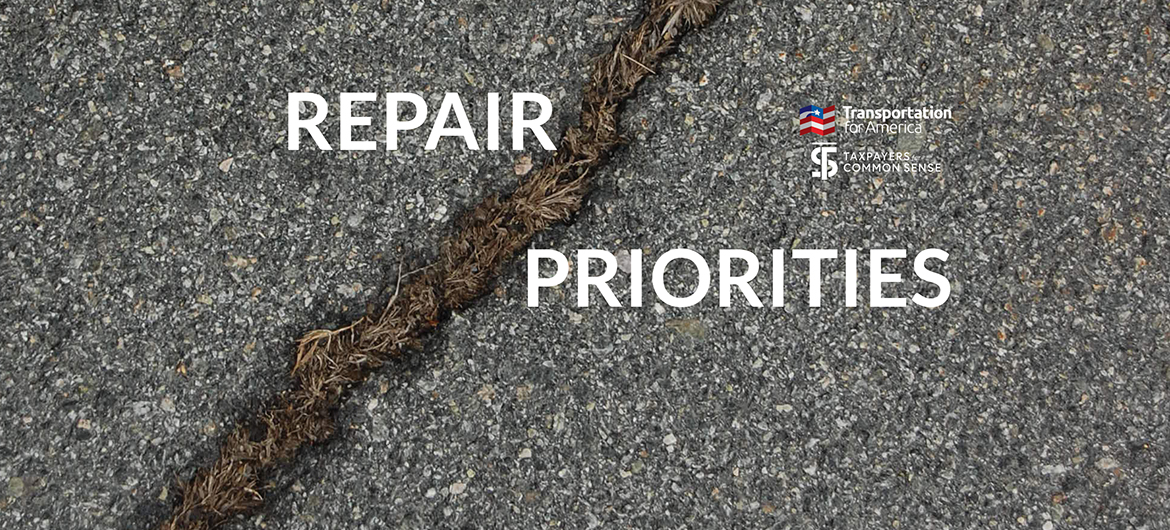Growing a Clean Economy: An Analysis of Equitable Employment Opportunities in Atlanta, GA
Smart Growth America has partnered with Partnership for Southern Equity (PSE) on a collaborative project—part of the Kresge Foundation’s Climate Change, Health, and Equity (CCHE) initiative—to advance energy equity and economic inclusion in six southwest Atlanta zip codes by providing both quantitative and policy analysis focused on the emerging clean jobs sector and other climate … Continued
 This year, Smart Growth America continued to produce vital research and other content that is changing the conversation around critical issues. This resources fuel our advocacy across the country and in the nation’s capital, fighting for a future that is healthy, prosperous, and resilient.
This year, Smart Growth America continued to produce vital research and other content that is changing the conversation around critical issues. This resources fuel our advocacy across the country and in the nation’s capital, fighting for a future that is healthy, prosperous, and resilient.

